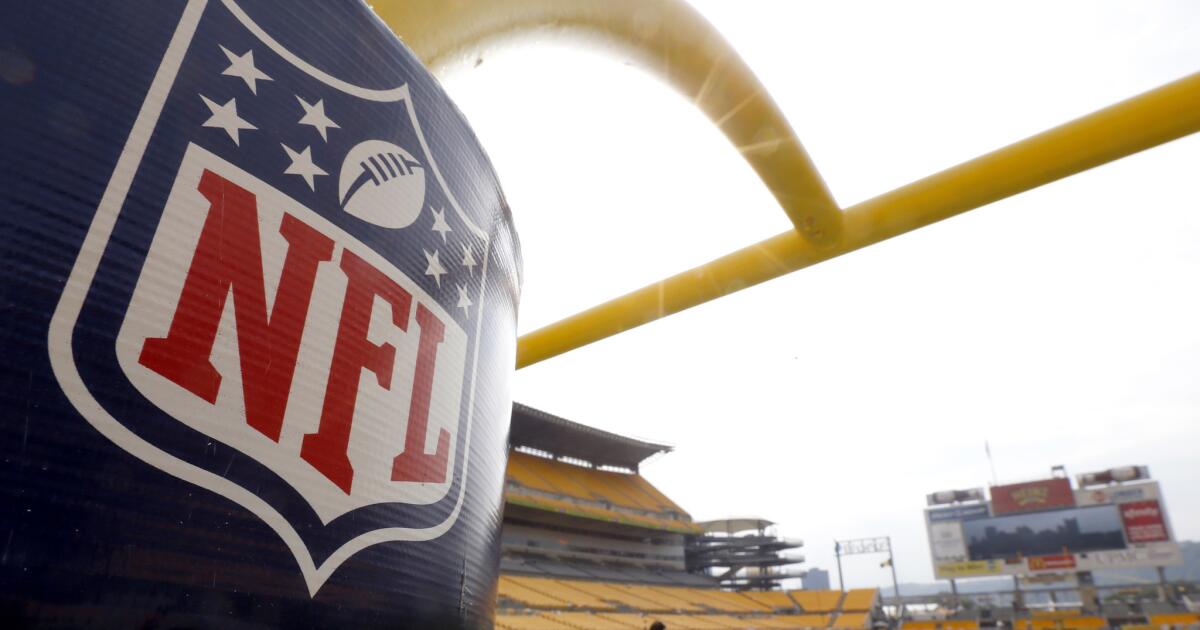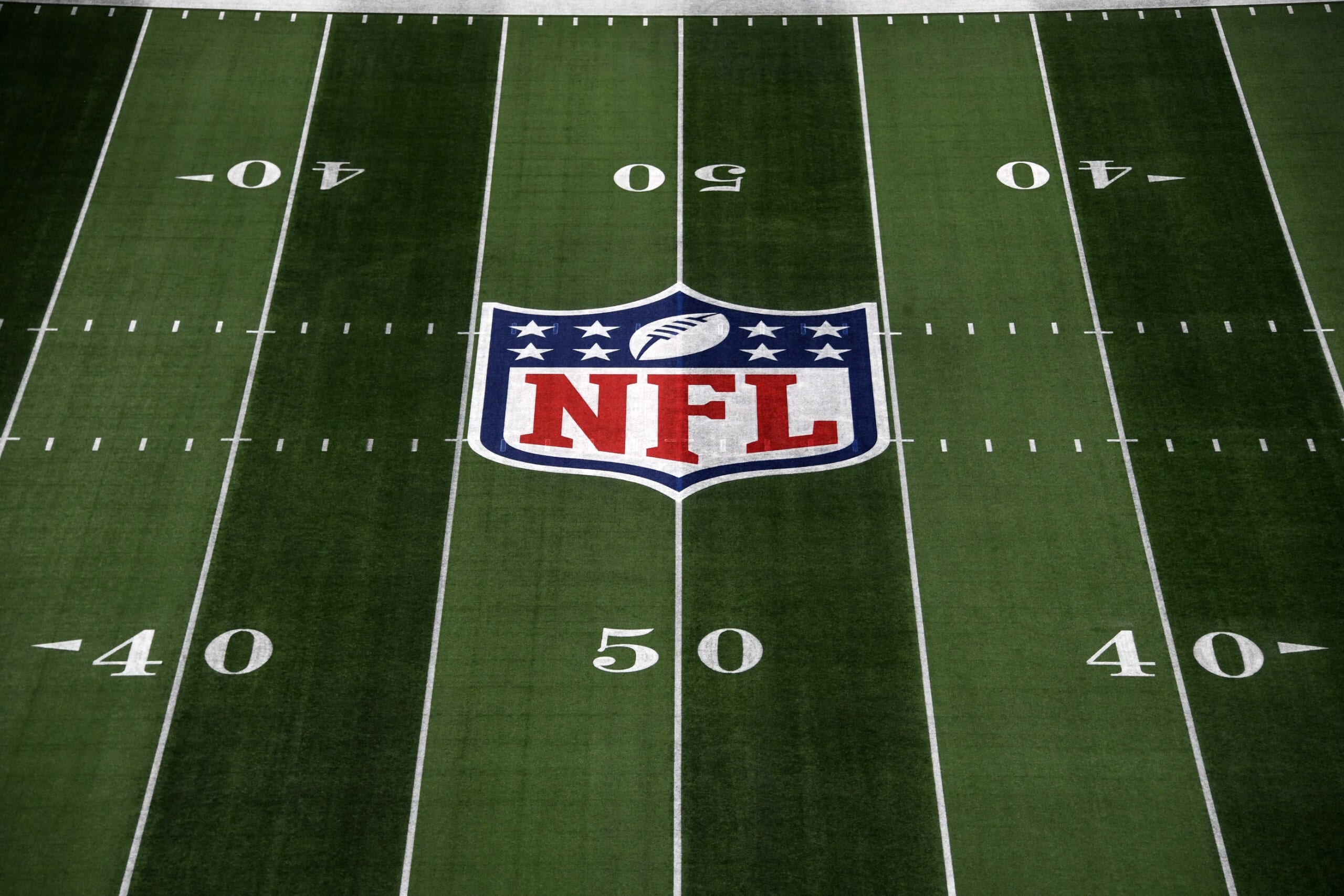On Friday, the NFLPA held a conference call with members of the Pro Football Writers of America to give the media a better idea of where the Players' Association stands on discussions with the NFL as regards the safe start to a season, how a full season could possibly…
touchdownwire.usatoday.com
What we learned from the NFLPA's Friday conference call
On Friday, the NFLPA held a conference call with members of the Pro Football Writers of America to give the media a better idea of where the Players’ Association stands on discussions with the NFL as regards the safe start to a season, how a full season could possibly exist with spikes in coronavirus cases happening in multiple states, and where the two sides stand in the establishments of protocol.
NFLPA Executive Director DeMaurice Smith, Assistant Executive Director of External Affairs George Atallah, and President JC Tretter (who is also the center for the Cleveland Browns) were on the call representing the Players’ association, and Los Angeles Rams left tackle Andrew Whitworth joined the call, as well.
The NFLPA issued this statement a few hours after the call:
View: https://twitter.com/nflpa/status/1284238587589021704?s=21
Here’s what we learned.
Many things are still held up in discussions between the NFL and the NFLPA.
As one might expect, communications between the NFL and the NFLPA are ongoing, and all kinds of things — from whether there will be a preseason or not (if you’re listening to the NFLPA side, bet against it) to the absolute safety protocols, to testing schedules, and all kinds of other things — are still up in the air as the two sides attempt to hammer everything out in an unprecedented environment. A fairly scary thought with training camp reporting dates coming up at the end of the month. As Smith repeatedly said, the idea is to avoid the quick answers in favor of the right answers. But given the number of things that need to be decided upon, and the timeframe as it stands, that’s going to require an inordinate amount of heavy lifting to start everything on time.
Some coaches are not taking coronavirus precautions seriously.
Early in the call, Tretter mentioned that there are a few coaches in the league whose responses have been that the protocols are too difficult to enforce, and implied that some coaches appear to believe in the herd immunity theory.
“We’ve had coaches say the protocols are too much to ask, coaches are coming forward and saying, ‘Everyone’s going to get sick, so we might as well all get sick together.’ Those attitudes can’t happen. There are consequences to getting sick.”
I asked Smith how teams and coaches would be audited regarding adherence to whatever protocols are put in place, and he told me that it could be similar to the 2011 season, when teams that didn’t follow the new rules regarding contact were penalized financially, or with reduced practices.
The NFL must do more than adhere to state and local guidelines.
Smith talked at one point about the need for team doctors to follow state and local guidelines regarding testing and other medical aspects of handling COVID-19, which could be a very dangerous thing for players in states like Florida, Georgia, Texas, and Arizona, where testing protocols have fallen far behind, and cases have increased as a result. There will be a joint task force to ostensibly hold teams accountable, but without an absolute set of rules in place, regardless of location, teams could wind up in a nightmare scenario in which players are testing positive, and local hospitals are already at capacity due to spikes in cases in the area.
“Close contagion” is the elephant in the room.
Tretter pointed out that as a center, he’s in the epicenter of the whole thing when it comes to contagion, and he brought up an specific scenario. Let’s say that one of his teammates on the offensive line tests positive. Tretter has been right next to that teammate, or one player over from that teammate, on rep after rep. And all of Tretter’s linemates have been blocking defensive linemen and linebackers rep after rep. Based on that, it doesn’t take much to envision an instance of massive positive tests — as Tretter said, from zero to 30 in a big hurry.
Andrew Whitworth already knows how contagious this can be.
During the call, Whitworth relayed a story in which a relative of his went to lunch with a friend and caught coronavirus without knowing. From there, Whitworth, his wife, and their children caught it. From there, Whitworth’s father-in-law caught it and had to be hospitalized.
“It was definitely a scary thing,” Whitworth said, “to realize how contagious this is.”
There is no absolute number of positive cases that could cause a team quarantine.
Peter King of NBC Sports, who has spoken with Dr. Anthony Fauci, the director of the National Institutes for Health and the guy Donald Trump is supposed to be listening to when it comes to the pandemic, asked if there’s an absolute number of players who would test positive and force a total team quarantine.
Smith spoke about the potential for false positives and false negatives, and the potential for “over-quarantining” in cases like that. The importance is to test every player every day, so that doctors can determine how many people may have created a “viral load.” But there is no number of positive tests at this point that would automatically cause a total team quarantine.
“If you’re looking for heroes in this, you’ve found that guy,” Smith said of Fauci. But the lack of an absolute number is, like so many other things right now, caught up in discussions between the NFLPA and the NFL.
“What’s good for the country is good for sports.”
At the end of the call, Smith made a separate and overt statement, exhorting everyone in America to take the most obvious precaution.
“Going forward in this, we understand that we’re trying to make a lot of decisions in the best health and safety [interests] of our players. But I’ll tell you right now — we’re in a place where, very simply, what’s good for the country is good for sports. As simple as something like wearing a mask will have, probably, the most significant impact on whether sport returns in this country. And that’s not a political statement; that’s a common sense and scientific statement. And where I think our guys [the players] can be incredibly helpful in stepping out on a larger stage other than football is that nothing will bring fans back to our stadiums [more] than a simple decision across the country to wear a mask.”
Mr. Smith is preaching to the choir here at Touchdown Wire. As my colleague Mark Schofield recently and eloquently wrote, if you want football at all in 2020, wear a mask. It’s as simple as that.

 6abc.com
6abc.com





